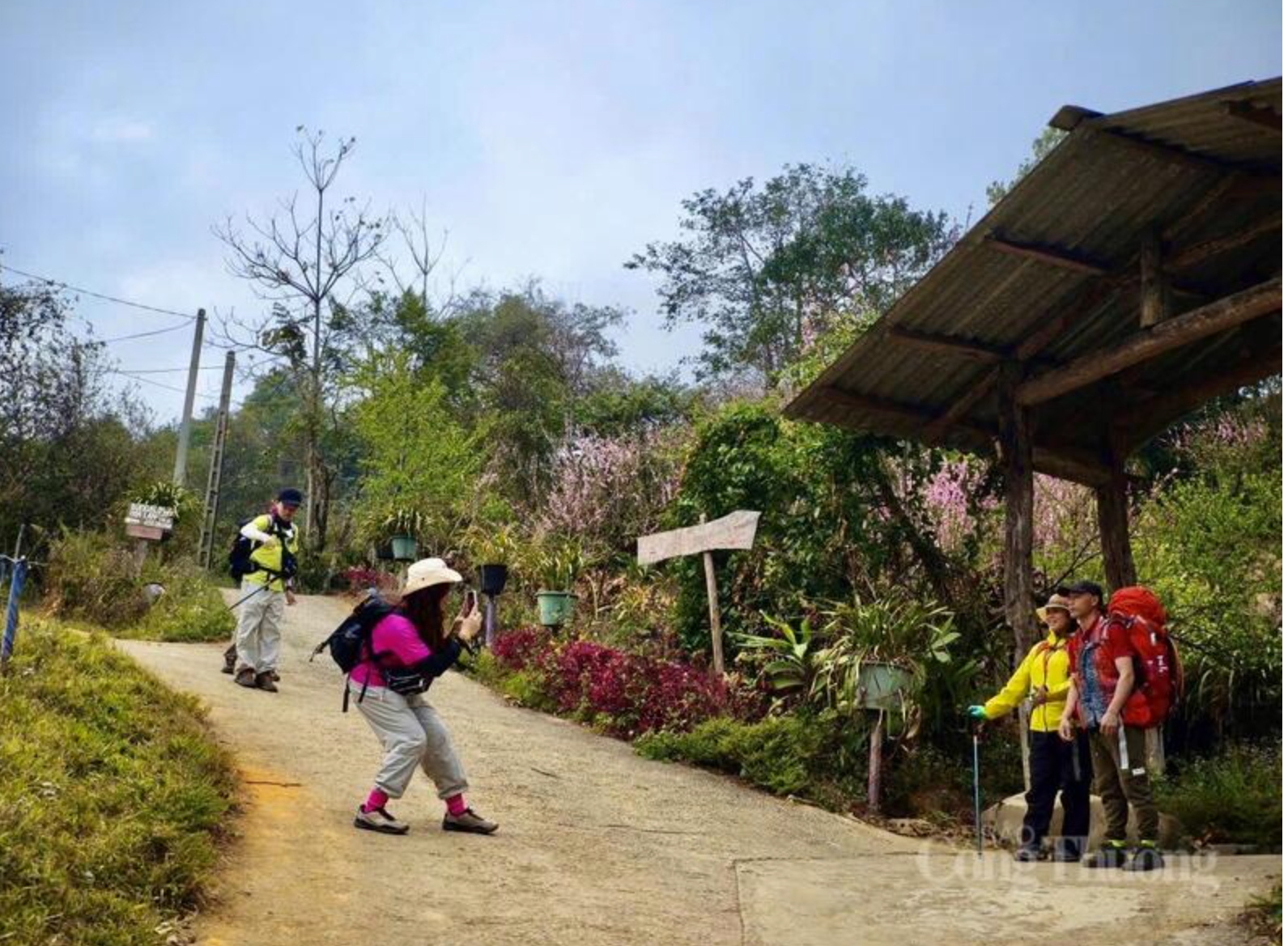
Lunar New Year 2026: Vietnamese travelers choose affordable getaways closer to home
19:05 | 23/03/2025 19:31 | 19/02/2026Tourism
From green consumption to green production
At the workshop “Enhancing the role of women in the circular economy: From policy to practice” on October 16 in Hanoi, Associate Professor Nguyen Dinh Tho, deputy director of the Institute of Strategy and Policy on Agriculture and Environment (the Ministry of Agriculture and Environment), stressed that a circular economy is essential to balance economic growth with environmental protection. He noted that strong community participation, especially by women is crucial for implementing the model in daily life.
Tho added that although the 2020 Environmental Protection Law mandates waste segregation at source, implementation remains slow. “The collection and treatment system is fragmented, and the workforce, mostly women is yet to receive proper recognition and support,” he said.
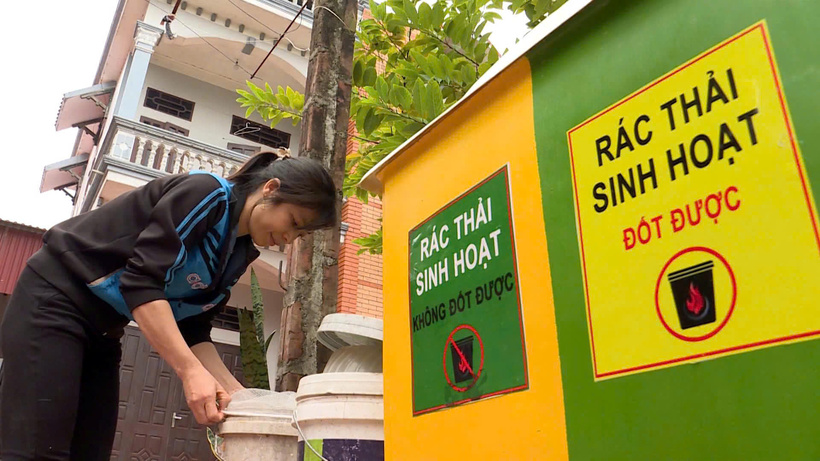
Hanoi’s handicraft workshops run by women have joined the sustainable production and consumption chain. Photo: Thu Huong
Le Anh Vu from the Hanns Seidel Foundation (HSF) Vietnam emphasized that women not only drive green habits in households but also form the backbone of informal waste collection and recycling. “To advance the circular economy, this workforce must be recognized, supported, and empowered,” he said.
Nguyen Phuong Hoa of the Vietnam Women’s Union highlighted that women are both directly affected by pollution and play a key role in sustainable consumption. Across the country, nearly 10,000 women-led environmental initiatives exist, from waste segregation and recycling to fundraising for community projects.
“Women represent 27.2% of directors and business owners, with more pursuing green production. Yet most waste segregation initiatives remain small-scale, lacking collection infrastructure and technical tools,” Hoa noted.
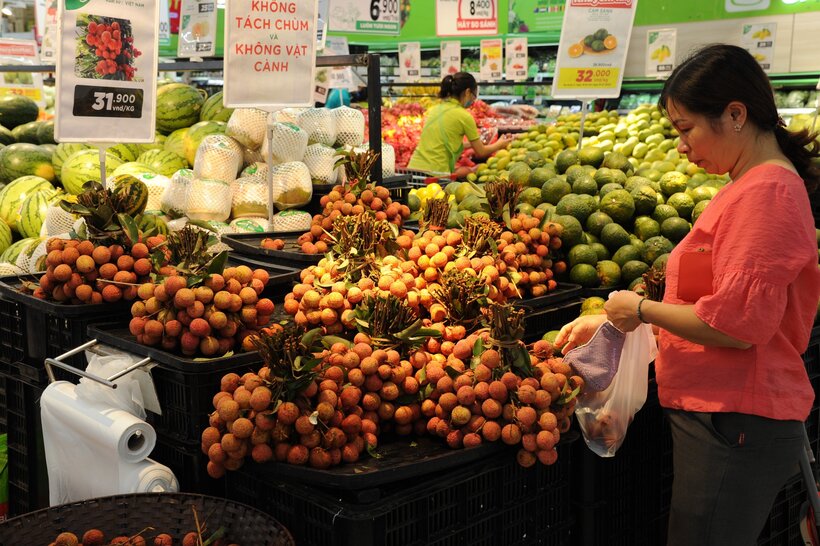
Women are the main drivers of green consumption. Photo: Can Dung
To address this, the Vietnam Women’s Union is expanding models such as “Green women groups,” “Plastic-free local markets,” and “Women collecting recyclables for community funds,” combining awareness campaigns, training, and green livelihood opportunities for rural women.
Placing women at the center of the green transition
The Department of Environment is exploring ways to improve local waste collection infrastructure, including importing electric tricycles to replace rudimentary vehicles and upgrading collection and transfer stations.
Additionally, developing a national database of women in waste collection and recycling, assessing their socio-economic contributions, and providing guidance for transitioning informal labor into formal employment with social protection are urgent priorities.
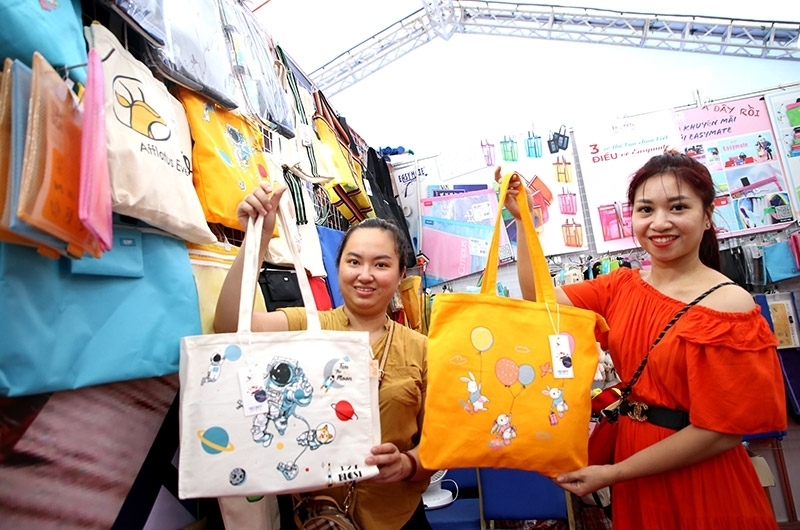
Women are a key link in the sustainable consumption chain. Photo: Thu Huong
Nguyen Phuong Hoa called for stronger inter-agency coordination, public communication, training, and scaling up circular economy models in communities. She stressed the need for adequate financial and technical resources to ensure these initiatives are sustainable and effective.
Women are not just the keepers of household routines but also guardians of the planet’s green future. When empowered, supported, and recognized, Vietnamese women can strengthen the country’s circular economy, spreading its impact from households to society at large.

19:05 | 23/03/2025 19:31 | 19/02/2026Tourism

19:05 | 23/03/2025 19:19 | 19/02/2026News and Events
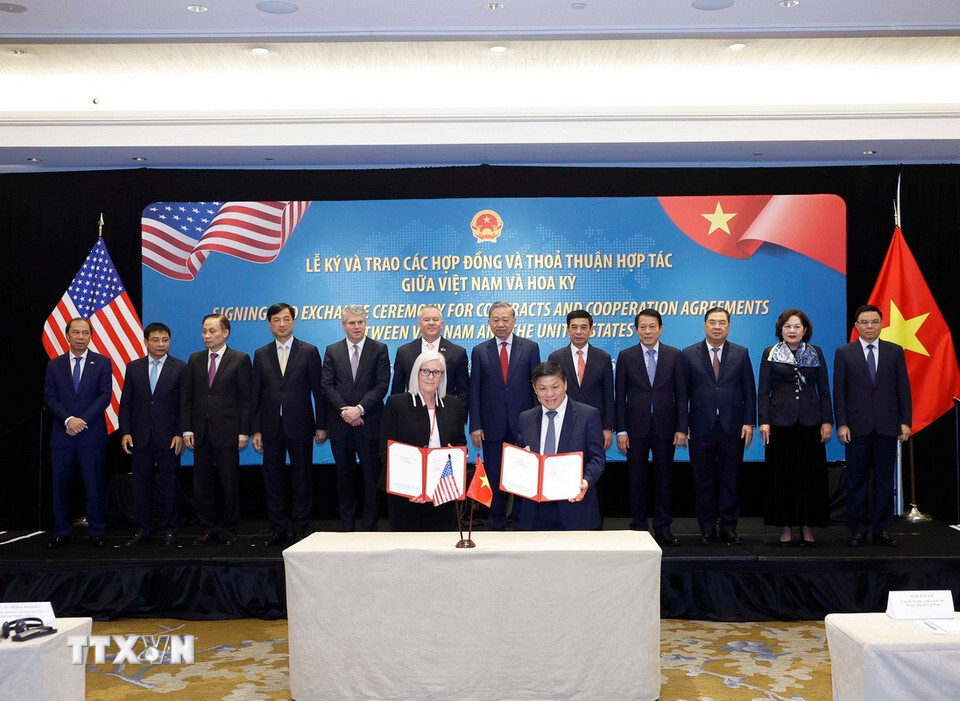
19:05 | 23/03/2025 11:07 | 19/02/2026News and Events

19:05 | 23/03/2025 11:05 | 19/02/2026Trade
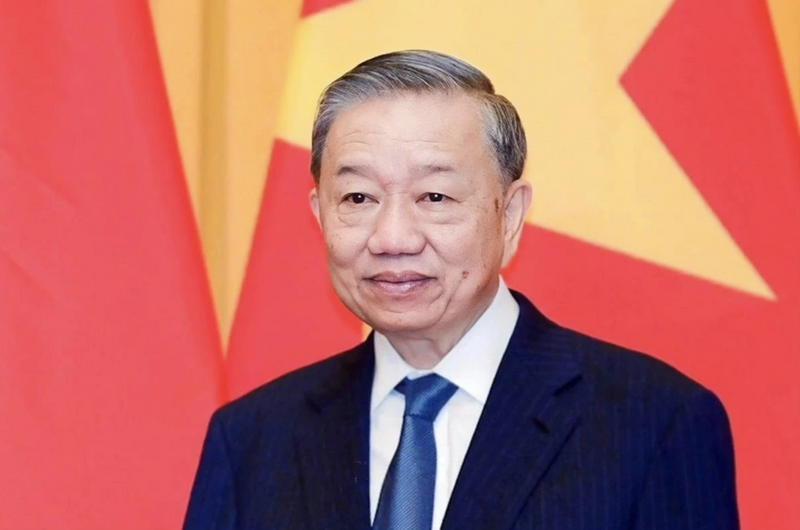
19:05 | 23/03/2025 14:58 | 17/02/2026News and Events